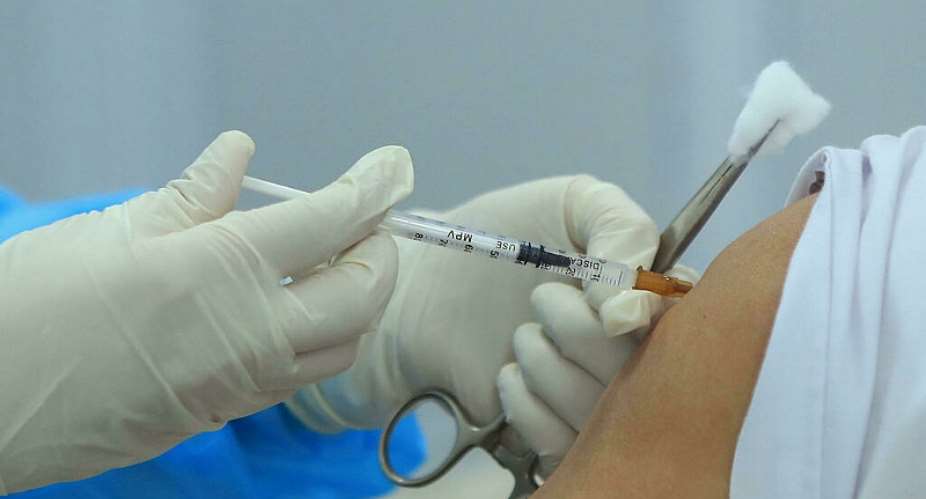A survey in England has found that fully vaccinated people in England were one-third as likely to test positive for Covid-19 as the unvaccinated.
The findings, from a long-running study by scientists at Imperial College London and market research company Ipsos MORI, were based on swabs taken from more than 98000 volunteers between June 24 and July 12.
It showed one in 160 people was infected with coronavirus with unvaccinated people three times more likely than fully vaccinated people to test positive.
The study also found double vaccinated people may be less likely to pass on the virus to others than those who have not received a vaccine.
Of the 254 positive samples from the study sequenced for variants, 100 percent were the Delta variant, compared to 78.3 percent in the last report at the end of May.
Officials and scientists in Britain have urged caution after the government eased all virus curbs in England on July 19, including the legal requirement to wear masks in certain indoor settings.
A US government document leaked last week warned that infections among fully vaccinated people are not as rare as previously thought and that such cases are highly contagious.
- Chief vaccine strategist eyes autumn goal for herd immunity in France
- France's Sanofi expands mRNA vaccine drive with purchase of US tech firm
Paul Elliott, a professor at Imperial's School of Public Health and director of the survey programme, said the findings "confirm our previous data showing that both doses of a vaccine offer good protection against getting infected".
"However, we can also see that there is still a risk of infection, as no vaccine is 100 percent effective, and we know that some double vaccinated people can still become ill from the virus.
"So even with the easing of restrictions, we should still act with caution to help protect one another and curb the rate of infections."
Covid-19 cases registered daily by Britain's health ministry have declined since the relaxation of rules, while population surveys have suggested they may still be rising, albeit at a slower rate.
The trend has surprised experts and officials, who predicted a surge in new infections.
The Imperial-Ipsos study -- covering the period up to July 12 -- showed even then cases were climbing more gradually than during the previous month.
(with AFP)





 We’ll no longer tolerate your empty, unwarranted attacks – TUC blasts Prof Adei
We’ll no longer tolerate your empty, unwarranted attacks – TUC blasts Prof Adei
 Bawumia donates GHc200,000 to support Madina fire victims
Bawumia donates GHc200,000 to support Madina fire victims
 IMF to disburse US$360million third tranche to Ghana without creditors MoU
IMF to disburse US$360million third tranche to Ghana without creditors MoU
 Truck owner share insights into train collision incident
Truck owner share insights into train collision incident
 Paramount chief of Bassare Traditional Area passes on
Paramount chief of Bassare Traditional Area passes on
 Two teachers in court over alleged illegal possession of BECE papers
Two teachers in court over alleged illegal possession of BECE papers
 Sunyani: Victim allegedly shot by traditional warriors appeals for justice
Sunyani: Victim allegedly shot by traditional warriors appeals for justice
 Mahama vows to scrap teacher licensure exams, review Free SHS policy
Mahama vows to scrap teacher licensure exams, review Free SHS policy
 Government will replace burnt Madina shops with a new three-story, 120-store fac...
Government will replace burnt Madina shops with a new three-story, 120-store fac...
